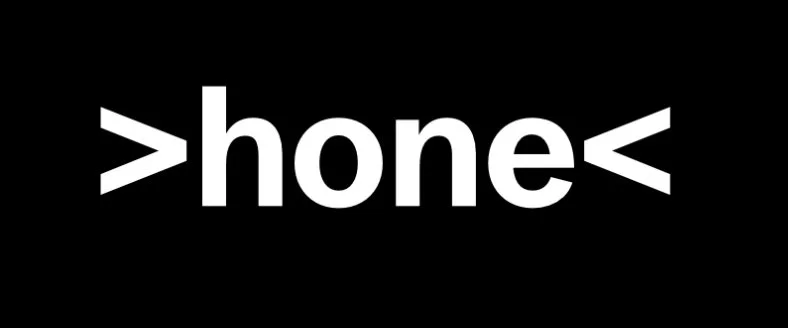AI and the end of the Writers Strike
Photographer Brock Wegner
Let’s look at the Writer’s Guild of America deal which has ended the five-month strike as of 12:01 am PT/3:01 am ET.
My takeaways:
I’m amazed and impressed that strike action has reached a positive result for writers. As a writer myself (I’m not a WGA member) this is impressive. https://www.adamlumb.com/screenwriter I'm also interested that the studios have settled. For all of us who work in the creative industries considering how AI and IP incentivise (or discourage) artists to keep making art is important for commerce and but also for society.
You can’t put the genie back in the bottle. You can’t undiscover fire. But like any new technology you can consider how humans should use it. You can ensure there is transparency. You can consider the impact on the art we want as a society.
What are the wider implications? It's likely other creative industries may follow this approach of “starting with transparency” around AI use.
What are the IP legal issues that might fall out of this? The deal doesn’t (and perhaps cannot) address the wider issue of whether generative AI systems like Chat GPT have sourced their training data legally or not. The WGA has reserved the right to assert that writers material should not be used without consent. There are many cases being filled against Chat GPT including Game of Thrones Writer George R R Martin. The deal says writers can use AI as part of their writing process but also it is clear it does not want AIs training on writers’ work without legal consent.
What remains then is what the legal rulings will be around companies like Chat GPT who didn't seek consent for training vs Gen AI companies who have sought consent from those providing the training data. Until there is legal clarity then writers and artists have to decide which AI systems they will use (if any) as part of creative process and if the AI they are using may be using the work of other creators. Until the legal position is agreed (and perhaps after) it is a ethical decision for each writer and artist and indeed for any of us using generative AI.
We need to think about what we want to say with our art and our imagination and what we as a society want from the arts in a world where AI exists.
Stepping back lets us consider the sort of world we want to live in.
The issue under discussion is whether it is legal to train AI systems on the creative work of other creators. When you step back you get a better question, a better “prompt”.
“How can we create a world where AI can further creative and economic growth as well as encourging creatives to keep creating?”
I'll be at Sotherby’s on 28th September 2023 on the PAIAM panel discussion about AI in the art world.
I’ve quoted from the short form WGA memorandum of understanding below. You can read it in full here.
Artificial Intelligence
We have established regulations for the use of artificial intelligence (“AI”) on MBA-covered projects in the following ways:
AI can’t write or rewrite literary material, and AI-generated material will not be considered source material under the MBA, meaning that AI-generated material can’t be used to undermine a writer’s credit or separated rights.
A writer can choose to use AI when performing writing services, if the company consents and provided that the writer follows applicable company policies, but the company can’t require the writer to use AI software (e.g., ChatGPT) when performing writing services.
The Company must disclose to the writer if any materials given to the writer have been generated by AI or incorporate AI-generated material.
The WGA reserves the right to assert that exploitation of writers’ material to train AI is prohibited by MBA or other law.

